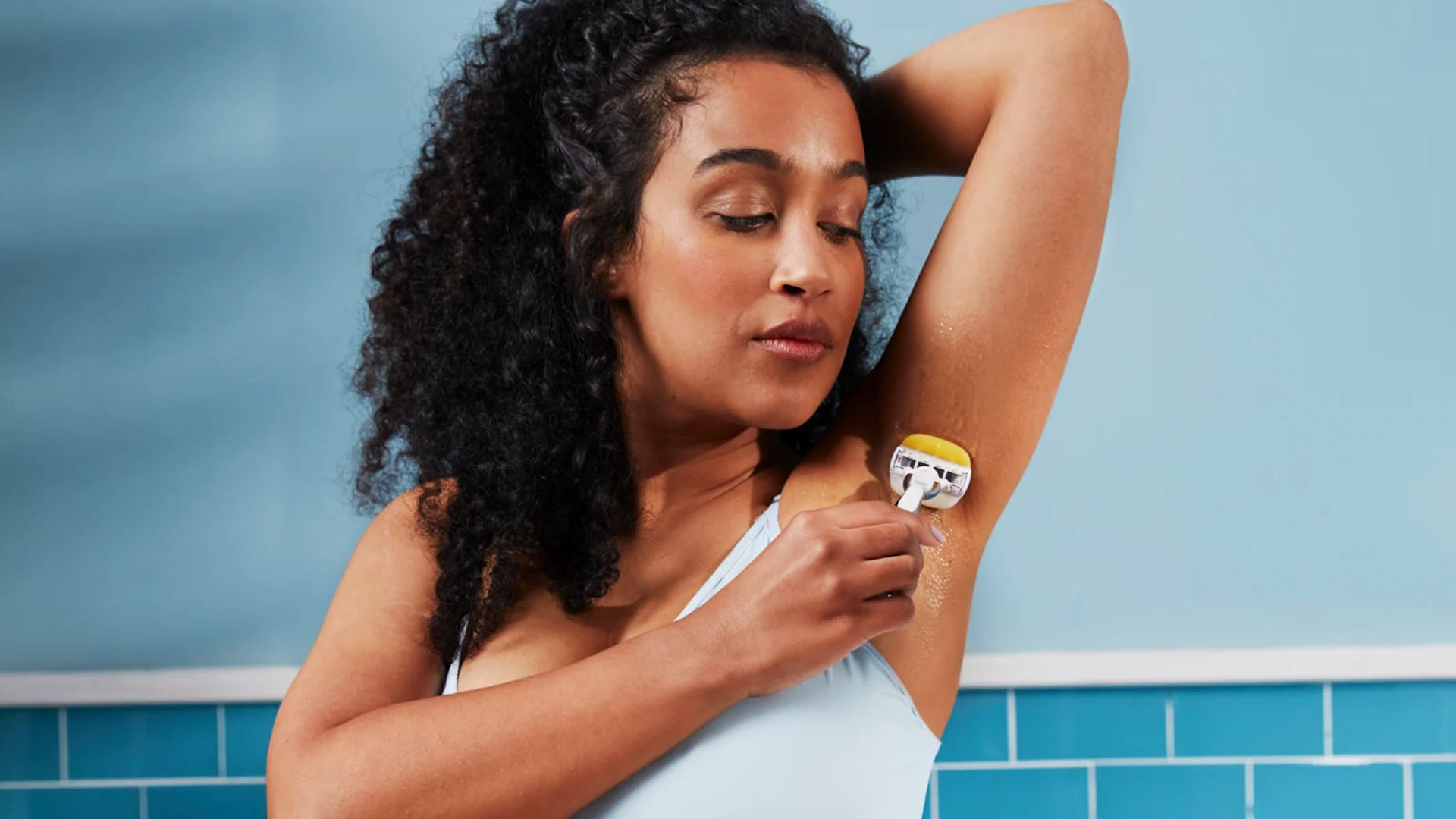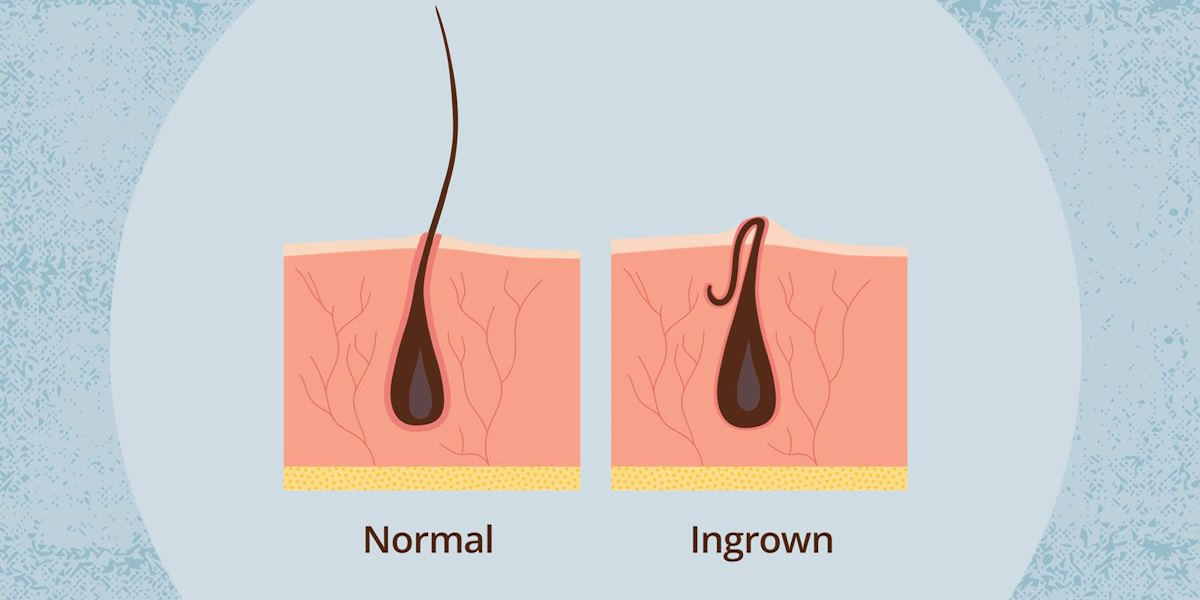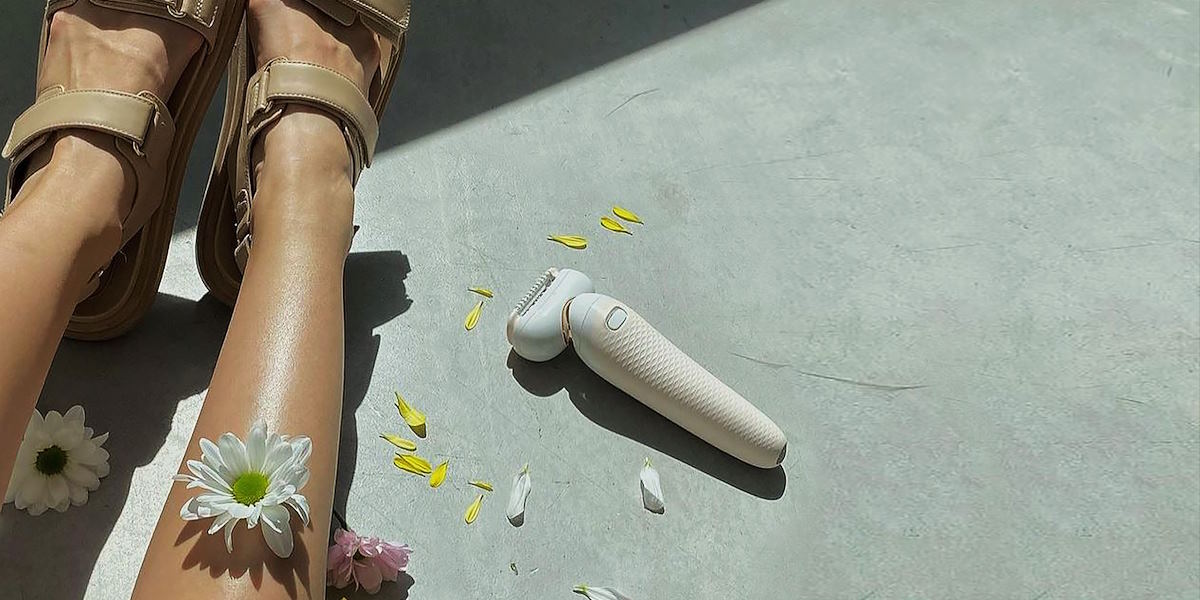How to Treat and Prevent Ingrown Hairs

Ingrown hairs are like uninvited guests—they show up when you least expect them and can be a real pain to deal with. Whether you’re shaving, waxing, or just trying to keep your skin smooth, these little bumps can make it feel like your skin is working against you. But don’t worry, you don’t have to suffer through them. Just like how we learn to manage tricky situations, there are ways to treat and prevent ingrown hairs from ruining your smooth skin routine. Stick with me as we break it down in simple steps to keep your skin happy and bump-free.
How to Treat Ingrown Hairs
Now, let’s talk about what to do if you’ve already got an ingrown hair. Don’t worry—most of the time, these bumps aren’t anything to panic about. There are a few simple steps you can take to treat them.
Exfoliate Gently
Exfoliating is one of the best ways to get rid of an ingrown hair. When you exfoliate, you’re removing dead skin cells that can trap the hair beneath the surface. It’s like clearing a path for the hair to grow out the way it’s supposed to.
There are two types of exfoliation you can try: physical and chemical. Physical exfoliants include scrubs or brushes, while chemical exfoliants use ingredients like salicylic acid or glycolic acid to dissolve dead skin cells. Choose the one that works best for you, but be gentle. Over-exfoliating can irritate your skin even more.
Apply a Warm Compress
Sometimes, all it takes to loosen an ingrown hair is a little heat. Try applying a warm, damp cloth to the area for about 5 to 10 minutes. The heat will help soften the skin, making it easier for the hair to break through the surface. It’s like giving your skin a little “tender loving care” to help things along.

Use a Sterile Needle or Tweezer
If the ingrown hair is close to the surface, you might be able to gently lift it out using a sterilized needle or tweezer. Be very careful not to dig into the skin, as this can lead to scarring or infection. If the hair isn’t easily accessible, it’s better to leave it alone and let your skin naturally push it out.
Apply a Soothing Cream
Once the ingrown hair is out, you’ll want to soothe the area. Hydrocortisone cream can reduce inflammation, while aloe vera gel or tea tree oil may help calm the skin. These remedies work like a little peace treaty between your skin and the hair, helping everything heal up without any extra drama.
Seek Professional Help
If the ingrown hair gets infected, it’s time to see a dermatologist. They can drain the infection and provide a prescription for antibiotics if necessary. While it’s rare for ingrown hairs to cause serious issues, it’s better to be safe than sorry.
How to Prevent Ingrown Hairs
The best way to deal with ingrown hairs is to prevent them from showing up in the first place. Trust me, it’s much easier to prevent a problem than to deal with it after it’s already become an issue.
Shave Smart
Shaving is one of the most common causes of ingrown hairs. If you shave the wrong way, you’re more likely to cut or irritate your skin, which can cause the hair to grow back into it. So, let’s talk about how to shave correctly to minimize the risk.
- Prep your skin: Always shave after you’ve softened the skin, preferably in the shower when your pores are open. Use a good shaving cream or gel to create a smooth surface for the razor to glide over.
- Shave in the direction of hair growth: This is super important. Shaving against the grain can cause hair to be cut too short, increasing the chances it’ll grow back into the skin.
- Use a sharp razor: Dull razors tug at the hair, which can cause irritation. Always replace your razor when the blade starts to feel dull.
Exfoliate Regularly
Exfoliating a couple of times a week can do wonders for preventing ingrown hairs. By removing dead skin cells, you keep the hair follicles clear and give the hair a smooth path to grow outward. You don’t have to go overboard—just a gentle scrub every few days will keep things in check.
Moisturize After Hair Removal
After shaving, waxing, or tweezing, be sure to moisturize your skin. Dry skin can make it harder for hairs to break through, leading to more ingrown hairs. Look for a moisturizer that suits your skin type and apply it generously after hair removal. This will keep your skin hydrated and reduce the chances of bumps forming.
Avoid Tight Clothing
Wearing tight clothing, especially right after shaving or waxing, can cause friction that irritates the skin and traps hairs beneath the surface. Opt for looser clothing made of breathable fabrics to allow your skin to heal and breathe.
Consider Waxing or Laser Hair Removal
If you’re dealing with ingrown hairs regularly, you might want to consider waxing or laser hair removal. Both of these methods remove hair from the root, reducing the chances of hair growing back into the skin. Waxing works well for many people, but if you’re looking for something more permanent, laser hair removal could be the solution.

